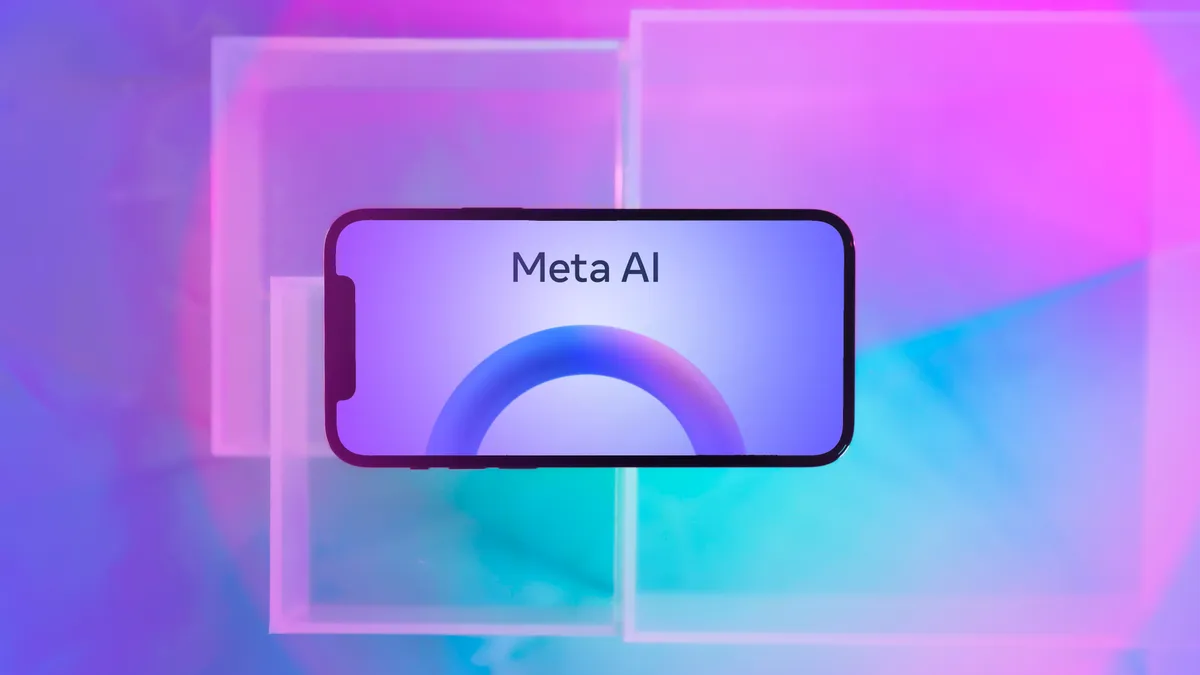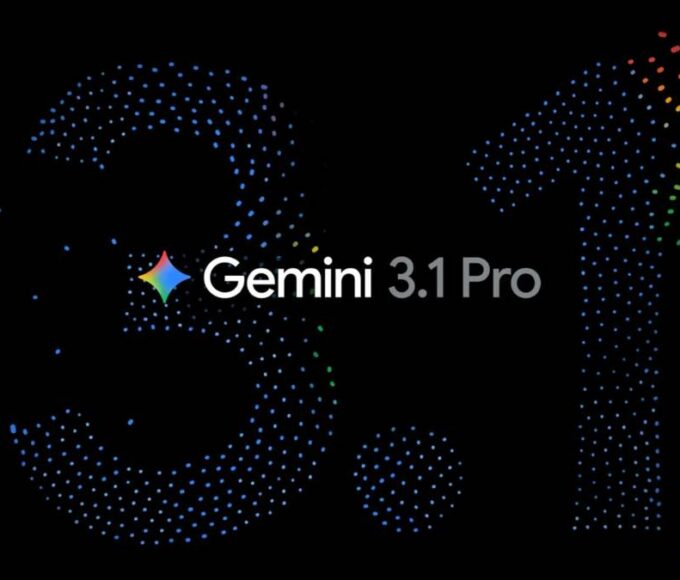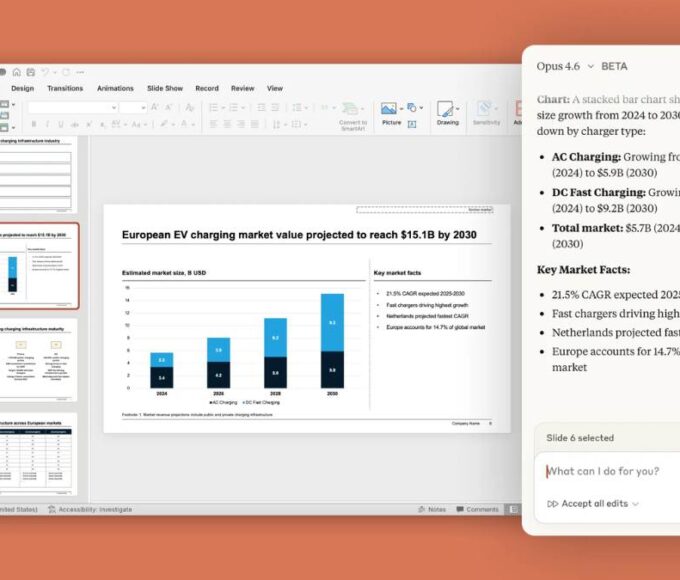Meta has declined to sign the European Union’s voluntary code of practice for artificial intelligence, criticizing the bloc’s regulatory approach just weeks before new AI rules take effect.
The social media giant’s chief global affairs officer Joel Kaplan announced the decision in a LinkedIn post, stating that “Europe is heading down the wrong path on AI.” He argued that the code “introduces a number of legal uncertainties for model developers, as well as measures which go far beyond the scope of the AI Act.”
The EU’s code of practice, published earlier this month, serves as a voluntary framework to help companies comply with the bloc’s AI legislation. Key requirements include providing regular documentation updates about AI tools and services, banning the use of pirated content for training AI models, and respecting content owners’ requests to exclude their works from datasets.
Kaplan described the EU’s implementation as “over-reach,” claiming it will “throttle the development and deployment of frontier AI models in Europe, and stunt European companies looking to build businesses on top of them.”
The AI Act represents a comprehensive risk-based regulation for artificial intelligence applications. It completely bans certain “unacceptable risk” uses such as cognitive behavioral manipulation and social scoring systems. The legislation also defines “high-risk” applications including biometrics, facial recognition, and systems used in education and employment sectors.
Under the rules, AI developers must register their systems and meet specific risk and quality management requirements. Major tech companies including Alphabet, Microsoft, and Mistral AI have opposed the regulations, with some urging the European Commission to delay implementation. However, the Commission has maintained its timeline.
On Friday, the EU published additional guidelines for AI model providers ahead of rules taking effect on August 2. These regulations will impact providers of “general-purpose AI models with systemic risk,” including OpenAI, Anthropic, Google, and Meta.
Companies with such models already on the market before August 2 will have until August 2, 2027, to achieve full compliance with the new legislation.
The standoff highlights growing tensions between major tech companies and European regulators over AI governance, as the EU positions itself as a global leader in AI regulation while companies argue the rules could stifle innovation.











